Refine search
Actions for selected content:
18 results in Darwin College Lectures
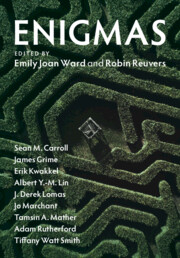
Enigmas
-
- Published online:
- 01 September 2022
- Print publication:
- 18 August 2022
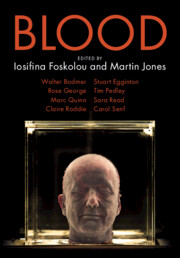
Blood
-
- Published online:
- 13 June 2022
- Print publication:
- 07 July 2022
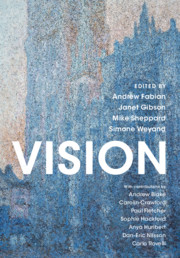
Vision
-
- Published online:
- 17 September 2021
- Print publication:
- 26 August 2021
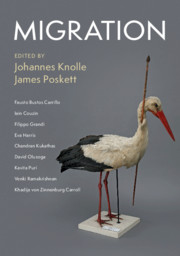
Migration
-
- Published online:
- 25 March 2020
- Print publication:
- 04 June 2020
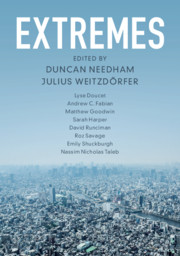
Extremes
-
- Published online:
- 08 March 2019
- Print publication:
- 07 March 2019
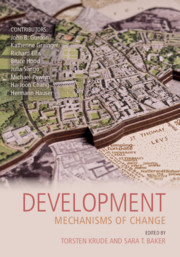
Development
- Mechanisms of Change
-
- Published online:
- 03 December 2018
- Print publication:
- 13 December 2018
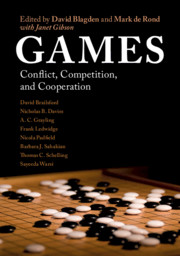
Games
- Conflict, Competition, and Cooperation
-
- Published online:
- 26 October 2018
- Print publication:
- 01 November 2018
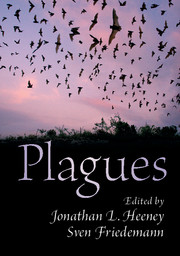
Plagues
-
- Published online:
- 24 March 2017
- Print publication:
- 09 February 2017
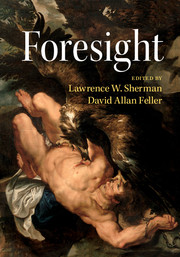
Foresight
-
- Published online:
- 13 October 2016
- Print publication:
- 13 October 2016
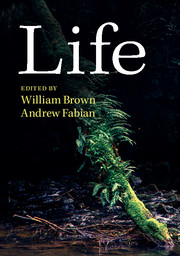
Life
-
- Published online:
- 05 September 2014
- Print publication:
- 04 September 2014
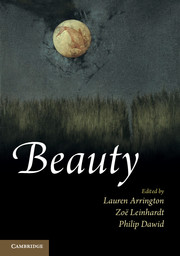
Beauty
-
- Published online:
- 05 June 2014
- Print publication:
- 23 May 2013
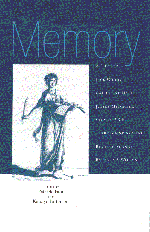
Memory
-
- Published online:
- 05 June 2012
- Print publication:
- 03 September 1998
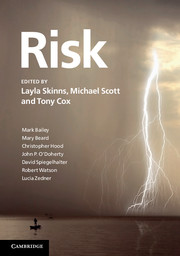
Risk
-
- Published online:
- 05 June 2012
- Print publication:
- 01 September 2011
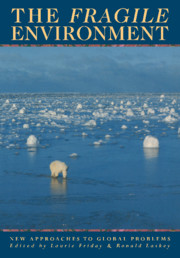
The Fragile Environment
- The Darwin College Lectures
-
- Published online:
- 03 May 2010
- Print publication:
- 17 August 1989
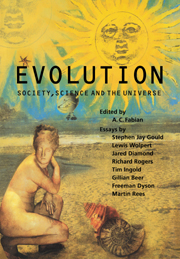
Evolution
- Society, Science and the Universe
-
- Published online:
- 25 January 2010
- Print publication:
- 26 February 1998
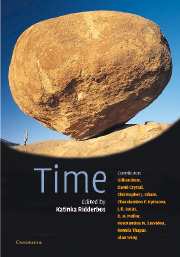
Time
-
- Published online:
- 21 October 2009
- Print publication:
- 16 May 2002
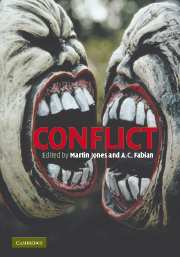
Conflict
-
- Published online:
- 11 August 2009
- Print publication:
- 12 January 2006
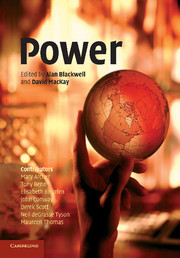
Power
-
- Published online:
- 07 August 2009
- Print publication:
- 12 January 2006
